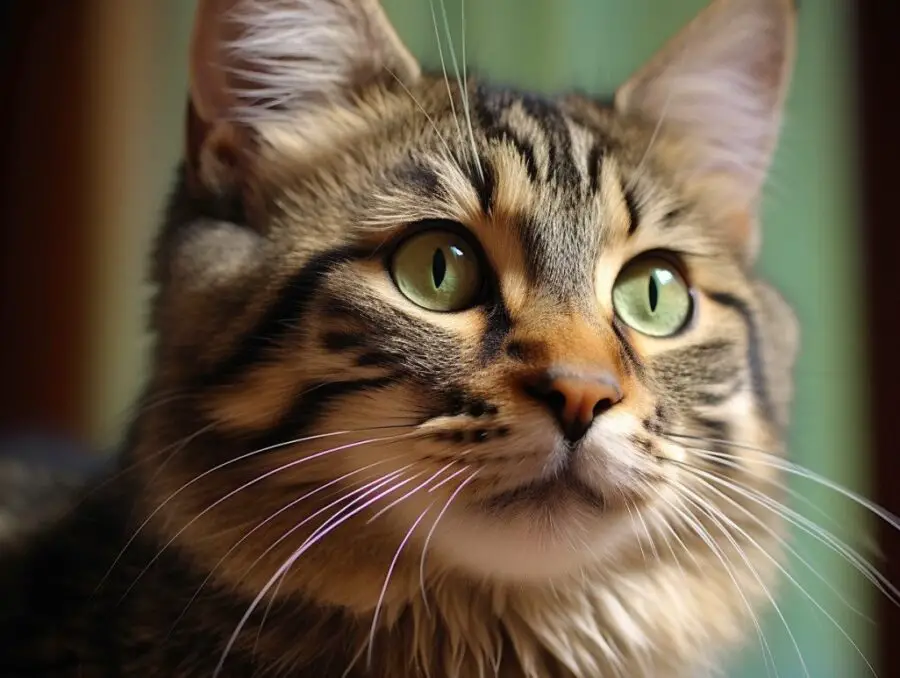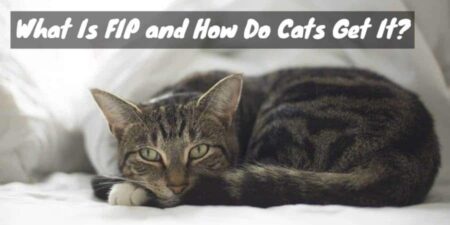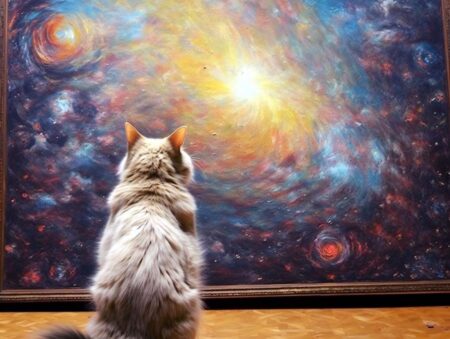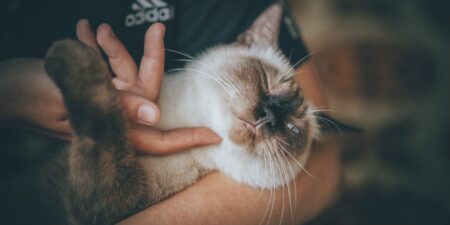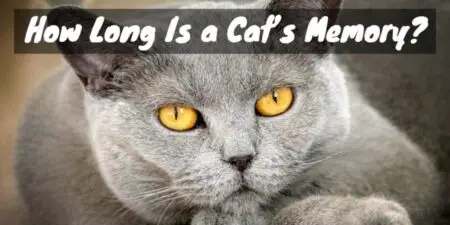The term “pussycat” is often used to refer to our beloved feline companions, but have you ever wondered where this nickname originates? Understanding the history and etymology of the word can help deepen our appreciation for these mysterious and fascinating creatures.
History
Delving into the past, we find that the term “puss” or “pusa” is believed to have originated from the Old Norse language, spoken in regions of Northern Europe between the 9th and 13th centuries. In Old Norse, “pus” was considered an endearing term for a cat, similar to how “kitty” is used today.
As language evolved, the word “puss” made its way into Middle English, spoken in England between the 12th and 15th centuries. By this time, it was common for people to own cats as pets, and the term became widely used to refer to these domesticated animals.
Theories
But what about the addition of “cat” to “puss”? One theory suggests that this combination arose as a means of clarification. As the English language developed and expanded, some words began to have multiple meanings. In order to avoid confusion, the word “cat” was added to “puss” to specify that the term referred to a feline creature.
Another theory is that the word “cat” was added to the term “puss” as a form of affectionate redundancy, similar to the way we might say “kitty-cat” today. This repetition serves to emphasize the endearing qualities of our feline friends and highlights the special bond we share with them.
Interestingly, the term “pussycat” is not only found in the English language. Variations of the word appear in other languages as well, such as “poes” in Dutch and “pusa” in Swedish. This widespread use of the term across different cultures further demonstrates the universal appeal and charm of cats.
Modern Usage
Now that we know the origins of the term “pussycat,” it’s important to acknowledge how the word has evolved over time. In modern usage, “pussycat” is sometimes used to describe someone who is gentle or affectionate, drawing comparisons between these human qualities and the sweet, loving nature of cats.
In popular culture, the term has been immortalized in songs, movies, and even as the name of a 1960s girl group, “The Pussycats.” These references help to solidify the word “pussycat” as an enduring and affectionate term for our feline companions.
Conclusion
The term “pussycat” has a rich history that spans centuries and languages. Originating from Old Norse as an endearing term for cats, it has evolved into a common nickname for these captivating creatures. By understanding the origins of this term, we can better appreciate the unique bond we share with our feline friends and the significant role they have played in human history.
"In ancient times cats were worshipped as gods; they have not forgotten this."
-- Terry Pratchett

